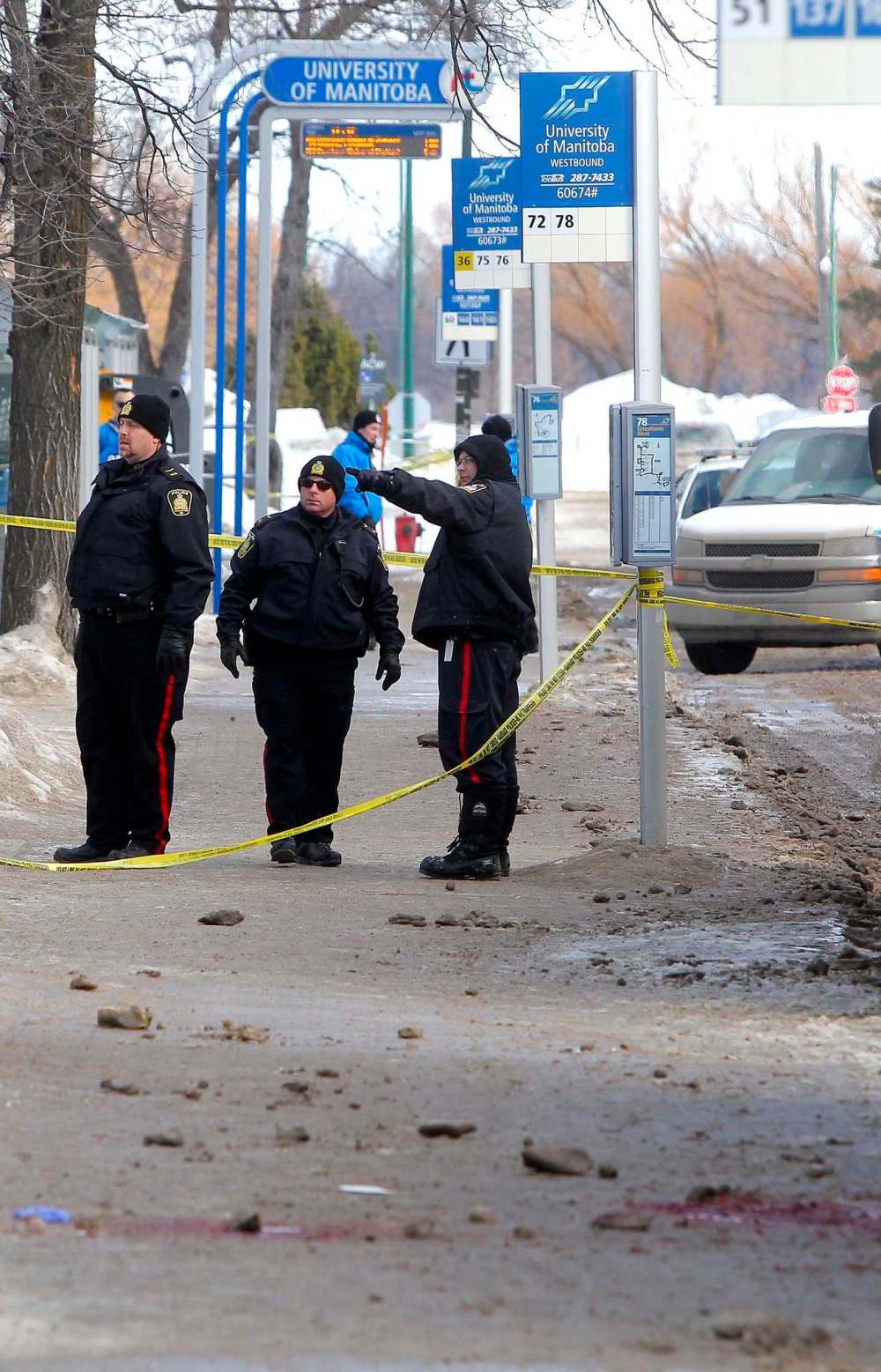The difficult job of driving a bus
Advertisement
Read this article for free:
or
Already have an account? Log in here »
To continue reading, please subscribe:
Monthly Digital Subscription
$0 for the first 4 weeks*
- Enjoy unlimited reading on winnipegfreepress.com
- Read the E-Edition, our digital replica newspaper
- Access News Break, our award-winning app
- Play interactive puzzles
*No charge for 4 weeks then price increases to the regular rate of $19.00 plus GST every four weeks. Offer available to new and qualified returning subscribers only. Cancel any time.
Monthly Digital Subscription
$4.75/week*
- Enjoy unlimited reading on winnipegfreepress.com
- Read the E-Edition, our digital replica newspaper
- Access News Break, our award-winning app
- Play interactive puzzles
*Billed as $19 plus GST every four weeks. Cancel any time.
To continue reading, please subscribe:
Add Free Press access to your Brandon Sun subscription for only an additional
$1 for the first 4 weeks*
*Your next subscription payment will increase by $1.00 and you will be charged $16.99 plus GST for four weeks. After four weeks, your payment will increase to $23.99 plus GST every four weeks.
Read unlimited articles for free today:
or
Already have an account? Log in here »
Hey there, time traveller!
This article was published 15/02/2017 (3224 days ago), so information in it may no longer be current.
In a city that has been told to do less of something rather than more, hindsight may be 20/20. But try telling that to the family of 58-year old Irvine Fraser. Mr. Fraser died early Valentine’s Day, stabbed to death while working as a Winnipeg Transit driver.
In the hours that followed the discovery of his body outside the bus’s back passenger exit at the University of Manitoba, civic politicians and union officials have tried to make sense of this tragedy.
While it’s the first time a Winnipeg Transit driver has been killed as a result of a violent incident, it’s not the first time transit security has been top of mind.

It’s not an easy job being a transit driver in Winnipeg — or anywhere else, for that matter. Cities across the country have noted an increased number of violent incidents on board their buses or light-rail transit systems, particularly during the late-night and early-morning runs. Passengers and transit workers have both been victimized.
There was a 54 per cent increase in the number of reported assaults on Winnipeg Transit drivers from 2014 to 2015, to 60 attacks from 39, the Amalgamated Transit Union Local 1505 says. At one point, getting police cadets to ride the buses was contemplated as a way of providing additional security. However, this was viewed as unworkable by the Winnipeg Police Association.
Instead, the Winnipeg Police Service announced it would ensure a plainclothes officer would ride the buses, particularly in the downtown area and in the evening, to ensure safety.
That helped reduce the number of violent incidences to 45 in 2016. As well, buses have been fitted with closed-circuit cameras.
Coun. Ross Eadie (Mynarski), who represents council on the police board, said “the Winnipeg Police Service is being pushed to deliver more service while keeping budgets at levels below their actual rising costs.
“The Winnipeg Transit system continues to grow, with more and more buses being added to the system.
“In order for the WPS to give the kind of bus coverage that may or may not stop such an attack on a driver, they would need to add many more cadets and officers. So, the question needs to be directed at those who lead the city’s budget.”
Don’t expect it to get easier moving forward. As Mr. Eadie points out, the province of Manitoba also plays a role in paying for policing, and Premier Brian Pallister’s rhetoric suggests more cuts are coming.
In Calgary, an increased presence of transit officers on its rapid transit system, the C-train, saw violent incidents decline by 32 per cent. At the same time, ridership went up, with customers saying they felt safer using the system.
That may be something this city should consider: train transit officers, separate from the police, who can resolve fee disputes and concerns about violence and leave the driving to the drivers.
But this is something that will cost money and, unfortunately, it won’t bring Mr. Fraser back.
At the root of this is the ongoing, mind-aching mantra of controlling costs and fixing potholes in a city that no longer has a vision except to make cuts and keep taxes low.
That’s cold comfort on a sad day.






